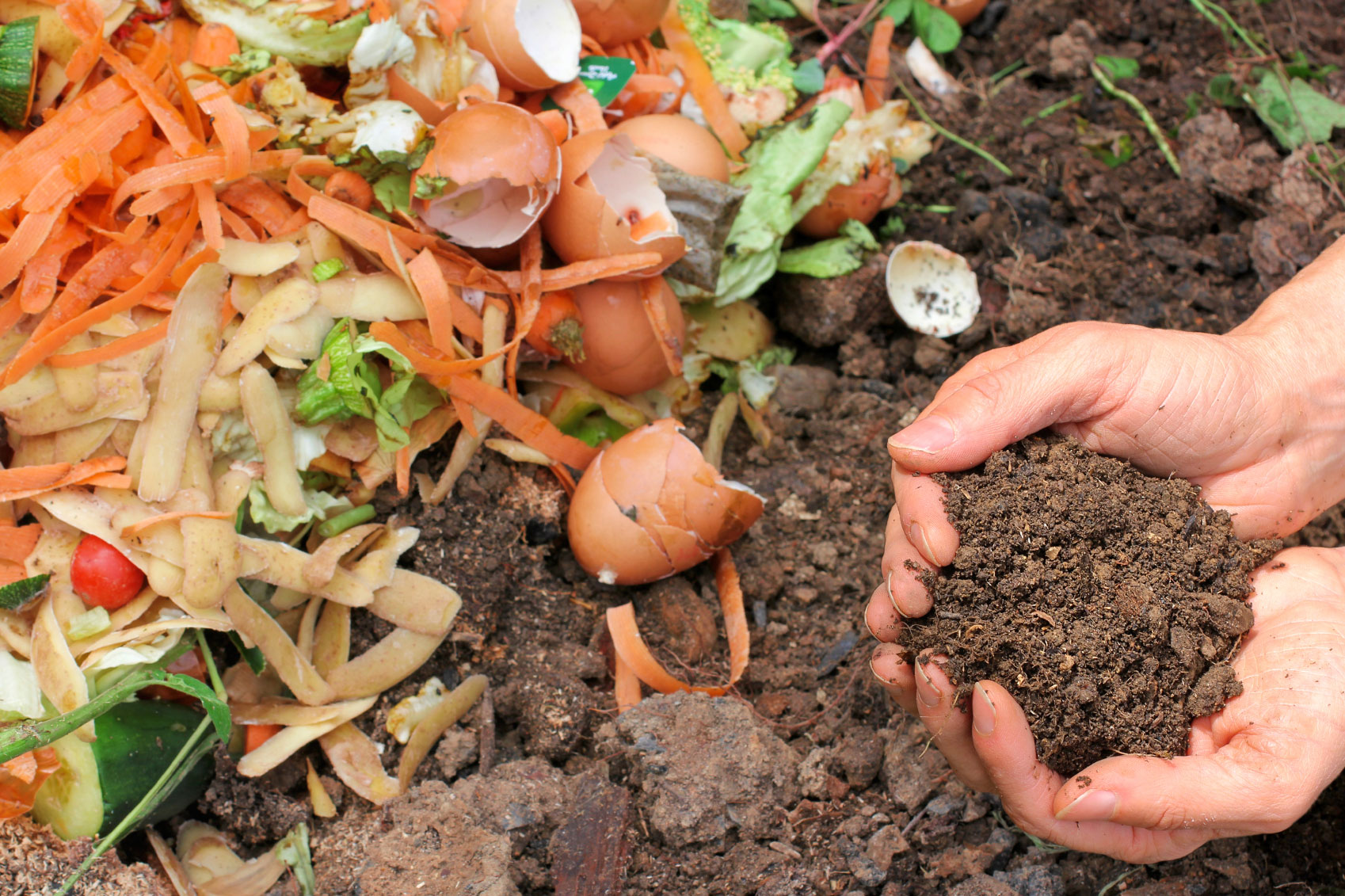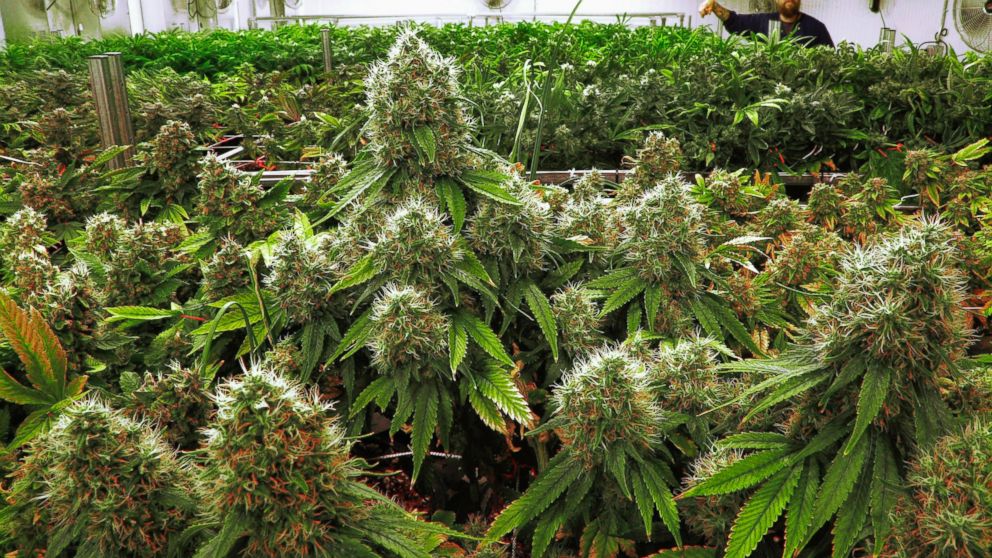 Best fertilizer for growing weed?
Best fertilizer for growing weed?
We’re here to help you find the best fertilizer for growing weed. Just like animals plants need food to grow. Marijuana is no different. But what constitutes a marijuana fertilizer and what are the best nutrients for cannabis for growing weed? We’ll get to that. But first let’s start with the basics.
What is fertilizer?
A fertilizer is a chemical or natural substance added to soil or land to increase its fertility. Plants require three main food groups or macro nutrients. These three elements make up the bulk of plant fertilizer—including a cannabis fertilizer . You maybe have noticed the letters NPK on a bag of weed fertilizer. They stand for nitrogen (N), phosphorus (P) and potassium (kalium in other languages, hence the chemical symbol K).
Just like people need a good balance of carbohydrates, protein and fat, plants need a good balance of NPK to grow up big and strong. That means those nutrients need to be available to the plant in the right ratio at the right times. You can add them as you go along or you can create a fortified soil and just add water. We recommend the later and we’ll get to that in a minute. But…
What is the best fertilizer for marijuana?
What is the best fertilizer for weed? Well because fertilizer is basically plant food we can tell you that the best fertilizer for a weed plant is just like the best food for people. Fresh, organic and devoid of chemicals and pesticides. People who eat a well balanced, wholesome, organic diet with plenty of fresh food and vegetables are healthy in general. They don’t need extra protein shakes, vitamin pills or supplements to reach their full potential. A good marijuana fertilizer will do the same thing for your plant.
Organic nutrients for cannabis FTW
So the best fertilizer for you cannabis would be from a living, healthy soil. That means soil with lots of organic matter, teeming with worm poop and beneficial microorganisms. Why not use organic nutrients for cannabis if you can swing it? One of the best read we’ve encountered about growing all-natural marijuana grown in organic soil is written by the Rev from Canada’s Skunk Magazine. It’s called True Living Organics and we can’t recommend it enough. We have bought three or four copies of this book because we keep loaning it out. We actually had the opportunity to interview the Rev when the book came out.
You may be into hydroponics and think the best best cannabis nutrients are all chemical-based. That’s cool, man, because shit like best fertilizer or best of anything is usually subjective anyhow. But at least we can all agree on one thing, to get huge and healthy buds you should use a good marijuana fertilizer.
RELATED: What are the Best Soil Amendments for Cannabis?
RELATED: How to Flush Marijuana Plants Grown in Soil

Compost is the best fertilizer
Composting is nature’s process of recycling decomposed organic materials into a rich soil known as compost. Anything that was once living will decompose. Compositing is basically accelerating this rotting process. By composting your organic kitchen waste and your cannabis leaves and stems you can return nutrients back into the soil in order for the cycle of life to continue. Plus composing reduces waste while generating awesome marijuana fertilizer.
There are two main types of composting:
Backyard composting
If you have a yard and a balance of browns (fallen leaves or straw) and greens (grass clippings and food scraps) you have all you need to make compost. You can purchase a compost bin to make things easy. Or you can start a mound in your backyard. Then frequently—daily, if possible—turn the compost with a pitchfork or shovel until it’s well mixed. This helps increase airflow maximizing decomposition and minimizing the chances of bad bacteria settling in. Because composting generates heat frequent turning your compost also helps to prevent spontaneous combustion, a phenomenon in which heat generated by microbes feeding on damp, decaying material under pressure becomes dry then ignites. We recommend using soft vegetable matter and avoiding meats or meat products like cheese or fats. That stuff will putrefy and attract unwanted critters. Think rats and raccoons and shit. Composting is accelerated during the warms months, but will typically take about three months for your trash to be turned into usable marijuana plant food.
Worm composting (vermicomposting)
If you have a tiny yard or live in an apartment or have an abundance of food scraps, this type of composting is for you. Using a worm bin to create marijuana fertilizer is quick, easy and doesn’t require much space. Plus you can also get rid of all your old newspapers and junk mail. Who wouldn’t like to turn trash into the best fertilizer for cannabis? We use a Worm Factory 360 and absolutely love it. One main reason is that we always have fresh worm castings on hand to use in our marijuana grows but we also use the waste water or leachate for brewing compost teas. Pro tip: If you have a fish tank you can use a splash of that fishy water in your tea. This is the basics of aquaponics.
Anyhow finished compost looks like soil–dark brown, crumbly and smells like a forest floor. We us homemade compost in our marijuana soil. It’s based on Subcool’s Super Soil recipe and we think it’s absolutely the best soil for cannabis. It’s got evertying you need from bat guano fertilizer to bloom fertilizer all you need to do is add water. We’ll sometimes make a nutrient tea, but if you’re into organic marijuana this recipe is definitely the best soil for weed and the base can be made from your very own compost!
RELATED: How to go from hydro to soil
RELATED: Cloning Cannabis 101
If we haven’t yet convinced you that compost is the best fertilizer for growing weed here are 10 good reasons why you should compost in general not just for growing weed:
- Yard and food waste make up 30% of the waste stream. Composting your kitchen and yard trimmings helps divert that waste from the landfill, waterways and water treatment facilities.
- You will significantly reduce pest problems–and your use of pesticides.
- Healthy plants from healthy soil look better, produce better and have a much greater ability to fight off pests and diseases.
- Adding organic materials to the soil improves moisture retention.
- Adding decomposed organic material to the soil feeds beneficial organisms.
- Compost amends both sandy and clay soils.
- Compost provides a balanced, slow–release source of nutrients that helps the soil hold nutrients long enough for plants to use them.
- Composting saves money–you avoid the cost of buying soil conditioners, bagged manure etc.
- Feeding your plants well will improve your own diet. Plants grown in depleted soils have a reduced nutrient content.
Have experience creating compost using a composting bin or maybe even a worm bin? Actually what do you think is the best marijuana fertilizer? Let us know in the comments below…
Leave a Reply
